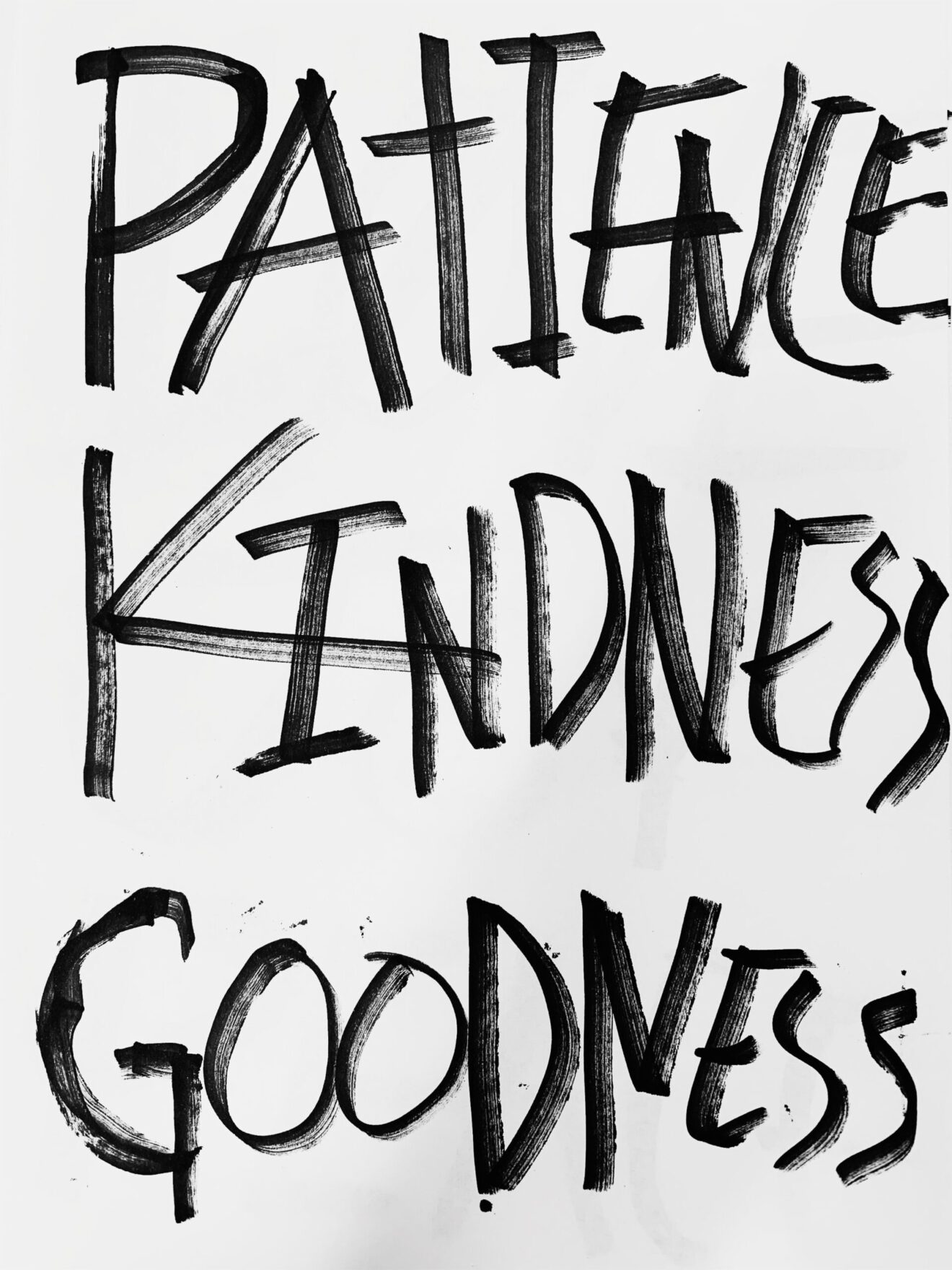Whether you’re a manager overseeing a team of employees, the president of your company, an employee of a company or an independent contractor, everyone has to work with others. We’re all in a relationship of some kind.
Much of what we’re used to seeing in the workplace is a push for greater production. We’re stressed out by deadlines, causing mistakes and miscalculations, which affect results. And sadly, a rush to complete the job often creates an unsafe environment, susceptible to physical accidents or emotional strain (which leads to physical harm).
In order to complete a task or project efficiently, it takes a team. Multiple people with a variety of skills and talents, and in various roles, all contribute to the end result. We want the process to be smooth and the outcome to be positive and drive results.
Have you noticed, though, when people are pushed (rather than encouraged), threatened (rather than challenged), belittled (rather than praised) and treated with other harsh actions that the results are never ones that were hoped for?
The way we treat others will shape outcomes.
Do our actions and tone affect morale? Absolutely! In what ways do both a positive and negative work environment affect productivity?
Using empathy and kindness
Having empathy for another person means that we are using our ability to understand their feelings. When we put ourselves in their place, we become more compassionate and patient.
No matter what situation we’re facing, we can treat others with kindness and accomplish more. For example, are you more likely to be motivated to work harder, push your limits and help your team achieve the desired results when your team and supervisor are assisting you, smiling and encouraging you?
We all desire to be treated as human beings. And just as we want to be praised and appreciated, we need to give the same treatment to our coworkers and employees.
Our tone of voice can be either soothing and kind or cruel and harsh. Threats diminish morale (“your job is on the line”). What we say and how we say it will create either a negative or positive environment.
Our body language is ascertained by our facial expressions, the way we walk, what we do with our arms and where our eyes are pointed. We don’t have to say a word for others to decipher what we’re thinking or how we feel.
Leadership sets the example
Leadership sets the example and is who the team looks to for guidance. Leadership has the important role to show by example how to handle challenges and the best way to achieve results. When managers and supervisors are eager to assist their employees, when they encourage the team to share ideas and when they treat their employees with kindness, their employees will follow suit.
Leadership desires the team to be productive. And when employees are genuinely happy and receive encouragement and praise, they will push themselves to do even more for their supervisor and company. They, too, will want to see positive results for their hard work.
Encouraging your peers
Beyond leaders encouraging their team, employees can also set the example in boosting their coworkers. Teams work well together when the individual skills and talents are used as a whole to create something great. No two people are exactly alike.
But this also means we at times are dealing with something that could negatively affect our attitude and our role. We need to be attuned to our coworkers’ current needs and help them where needed.
Again, being kind and empathetic will contribute to a more understanding environment, and we can, by our words and actions, inadvertently affect others in a positive way. (The opposite is also true.)
Our goal with our communications, both verbal and nonverbal, should always be to create a positive atmosphere. Being kind, compassionate and empathetic can be achieved in the workplace with some effort. But that upbeat effect will strengthen morale and increase productivity, making the effort a win for everyone.
J.M. Lacey of J.M. Lacey Communications is a consultant for internal communications and leadership development. She works with leaders and employees within organizations to communicate with each other and find meaning and happiness in their work.
If you enjoyed this article, sign up for SmartBrief’s free e-mails on leadership, career development and business transformation, among SmartBrief’s more than 200 industry-focused newsletters.
